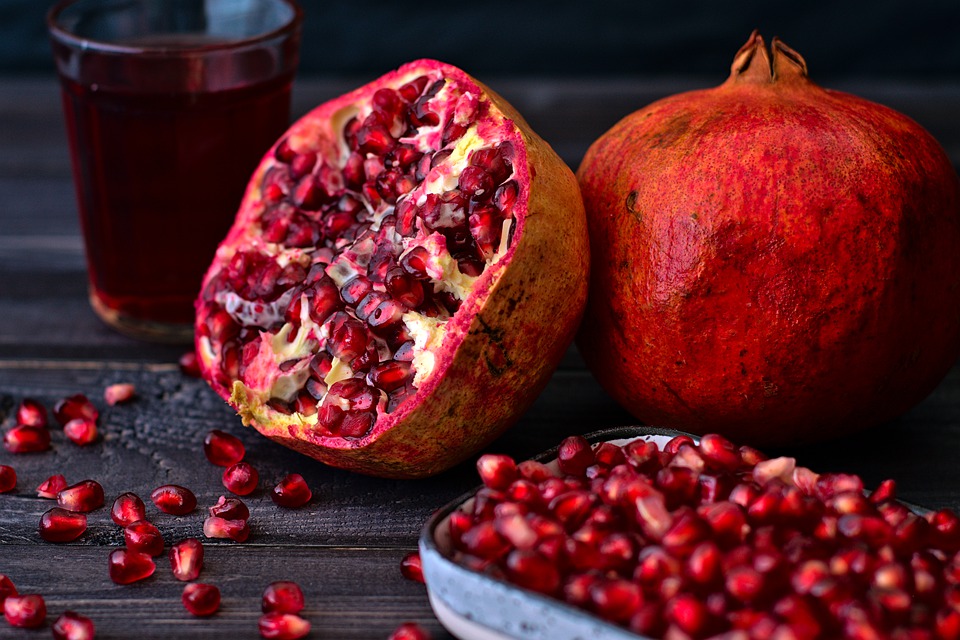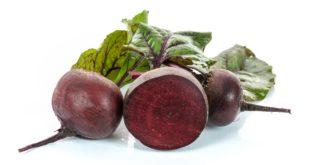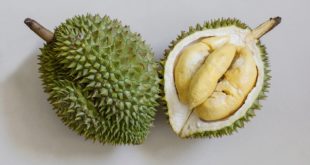
The pomegranate is considered a very healthy fruit ranked above blueberries, avocados, green tea and so on. Its healing qualities are mentioned in the bible. Believed to get started in Iran or Ancient Persia.
The pomegranate grows throughout the Mediterranean, Inda, Egypt and the Middle East. It takes 6 to 7 months to mature. The pomegranate was introduced to China about 100 B. C., most likely by the Persians traveling the Silk Road.
What Is A Pomegranate?
The pomegranate grows on a shrub, are resistant to drought, are in the berry category, and its seeds are fruit like no other. The seeds (arils) are what people eat, and they are loaded with nutrition. The pomegranate is round with flat sides (6 sided) crimson in color about the size of a large apple.
Sometimes called “Chinese Apple,” the Romans called it “Punic Apple,” and the pomegranate’s scientific name is Punicum granatum. The word pomegranate is Latin for “seeded apple.” Here is what you get when you eat one cup of pomegranate seeds.
Seed Nutrition Facts:
- Fiber – 7 grams.
- Protein – 3 grams.
- Vitamin C – 30% of the RDI.
- Vitamin K – 36% of the RDI.
- Folate: – 16% of the RDI.
- Potassium – 12% of the RDI.
This supercharged fruit has many more vitamins, minerals, fiber and bioactive compounds that make it a nutritious powerhouse. What can pomegranates do for your health?
Take a look.
Heart Disease
A leading cause of deaths in the U. S. and around the world is heart disease. Pomegranates contain Punic acid which may help protect the heart against some early stages of heart disease.
Pomegranate seeds have levels of antioxidants that are many times higher than other fruits. Pomegranate juice may slow or block the buildup of cholesterol in arteries of people who are at risk for heart disease.
Research studies of patients with carotid artery stenosis (narrowing) who consumed pomegranate juice had their blood pressure lowered by 12% and the atherosclerotic plaque was reduced by 30%.
Fight Against Cancer
The more research that is conducted, the more pomegranate tops the list of potent cancer-fighting foods. Punicic acid, an omega-5 long-chain polyunsaturated fatty acid, contained in the pomegranate seed is known to inhibit breast cancer proliferation.
Male patients with recurring prostate cancer, with rising levels of prostate-specific antigen (PSA), who took pomegranate juice extract, showed a significant rate in slowing the PSA levels.
Hypertension
The different types of antioxidants and bioactive polyphenols found in pomegranate seeds have been discovered to lower blood pressure levels and promote good cardiovascular health.
Studies have shown that pomegranate juice is a beneficial cardioprotective supplement for high blood pressure patients by lowering blood pressure naturally. Additional studies reveal that pomegranate juice is useful as both a dietary and pharmacological treatment for hypertension.
Arthritis And Joint Pain
Over 3 million cases of Arthritis are diagnosed each year in the U. S. which can be debilitating and worsen with the aging process. On the list for natural arthritis treatment are pomegranates, due antioxidants known as flavonols that act as anti-inflammatory agents.
Research with animals revealed that pomegranate extract reduced the severity of joint inflammation. Further studies showed that the onset and incidence of collagen-induced arthritis
were reduced in test subjects given pomegranate seed extract.
Recap
The pomegranate is a tasty fruit that promotes good health, it is full of antioxidants, flavonols, vitamins, fiber, and a lot of other ingredients that help heart health, healthy blood pressure, and everything else.
Peel and eat a pomegranate as often as you can, it’s fun, messy, and a great way to stay healthy. Pomegranates are in season for about 3 to 4 months, October through December. Pomegranate juice can be obtained year-round, so enjoy, stay healthy.
 Daryeel Magazine
Daryeel Magazine




